John Mauceri and "The Sound of Hollywood": Remastered and Reissued - PART 1
A Landmark Series of Broadway and Film Music Recordings Gets The Deluxe Reissue Treatment It Deserves from Eloquence Classics
Yet again, the indispensable Eloquence label strikes musical gold with this box set of John Mauceri’s 1990s re-recordings of classic Hollywood and Broadway scores. To my knowledge, only one of these recordings (My Fair Lady) was ever issued on vinyl, but nevertheless they belong in the collection of anyone interested in this repertoire, and (with the exception of that same My Fair Lady) they sound really good in this latest remastering.
To understand how significant this run of releases were, it's necessary to consider the history of film and show music re-recordings and collections prior to the 1990s when the Mauceri/Hollywood Bowl Orchestra recordings were originally released on Philips.
History and Background
If, like me, you were starting out on your record collecting career in the 1970s and had a strong interest in film scores and musicals, your options were very limited. Apart from original soundtrack and cast albums (many of which were essentially heavily edited highlights, often in less-than-great sound), there were very few albums of bespoke re-recordings worth your time and money. Decca Phase 4 was one of the few places where film music got its musical and sonic due, mainly in the series of albums by Roland Shaw (whose spy music records I wrote about recently), Bernard Herrmann, and especially Stanley Black.
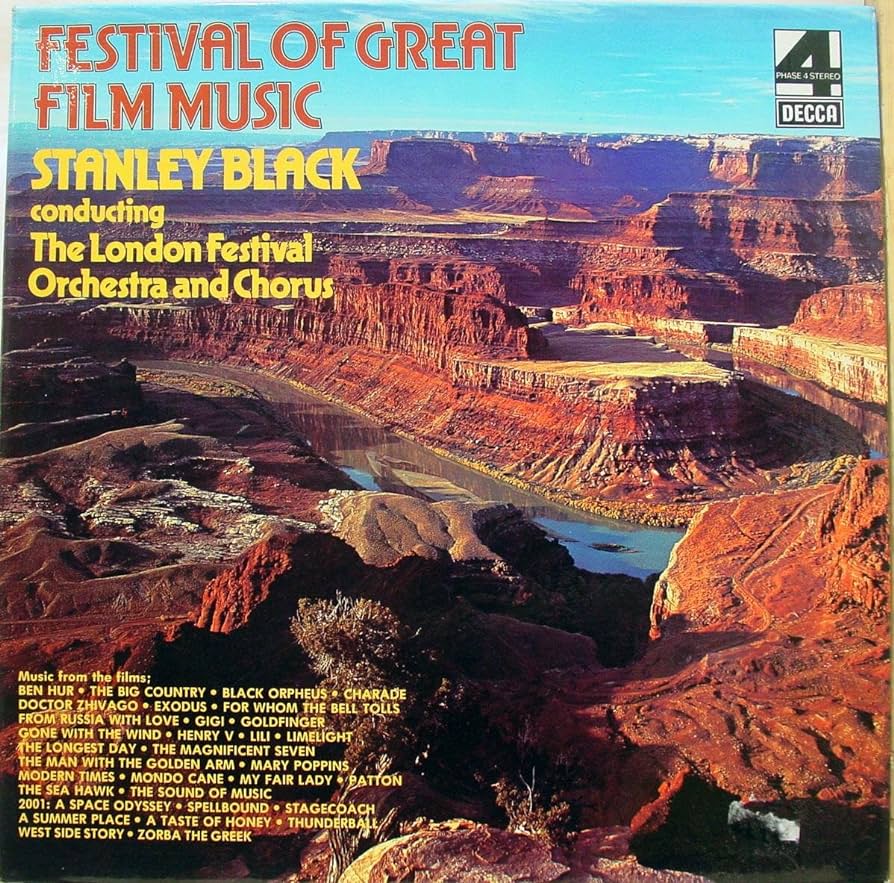
In the UK, Music for Pleasure - the dedicated budget label of EMI - put out a series of film and TV collection albums featuring its easy listening star Geoff Love. These tended to focus on more recent, poppy material, but occasionally included older classics, and they have aged well. In the US, Henry Mancini put out similar albums, including his own music and arrangements, the earlier albums often in stellar RCA Living Stereo sound.
The game-changer in terms of really respecting and reviving on vinyl the orchestral heyday of American film music was the series of records put out by RCA, starting in 1972, covering a range of classic Golden Age Hollywood scores by the likes of Max Steiner, Erich Wolfgang Korngold, Dmitri Tiomkin, Alfred Newman, Bernard Herrmann, and Miklós Rósza.
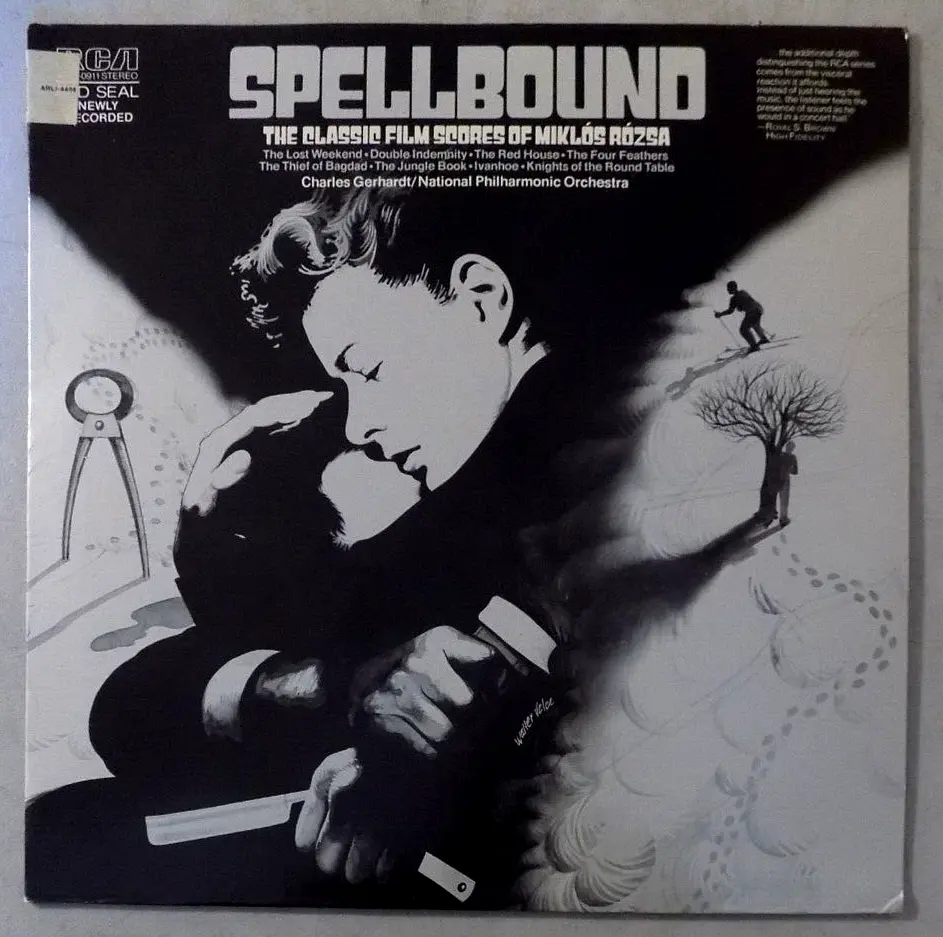
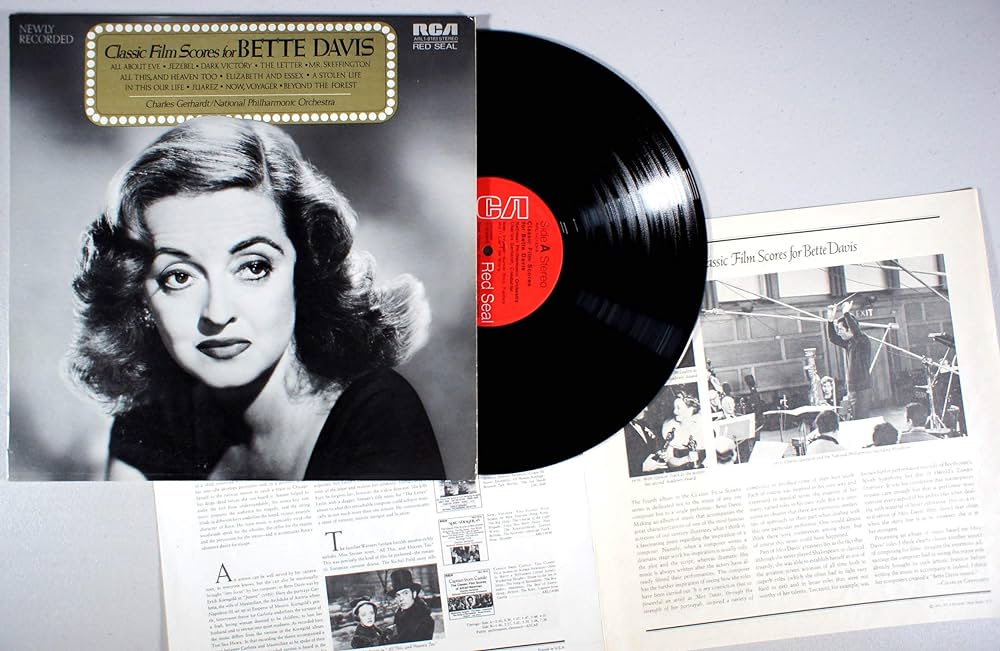
Not only was the music incredibly well-performed by London’s premier “scratch” orchestra, the National Philharmonic, conducted with passion and energy to spare by Charles Gerhardt, these were also bona fide audiophile recordings, engineered by Decca’s legendary Kenneth Wilkinson and recorded in the equally legendary Kingsway Hall.
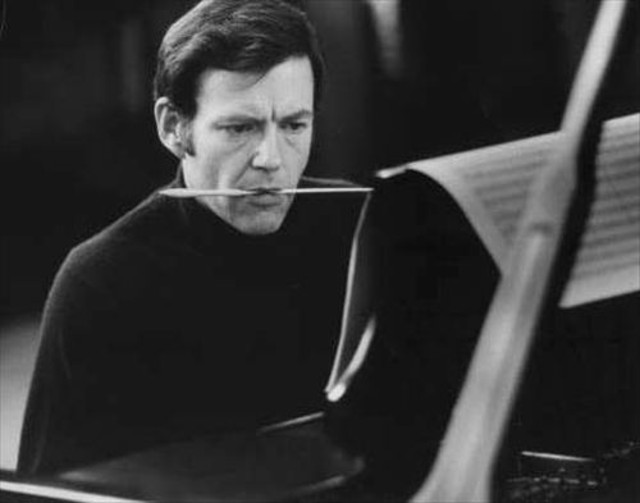 Charles Gerhardt
Charles Gerhardt
With extensive, informative sleeve notes from the emerging class of film-music scholars like Christopher Palmer, these records introduced many to the full musical and sonic glories of Hollywood’s Golden Age of film scores for the first time. You have to remember that this was the era (the 1970s) when large orchestral scores for movies were the exception rather than the rule: pop and jazz-based scores ruled. (So the music record buyers heard on these records was something of a novelty - despite being “old” music).
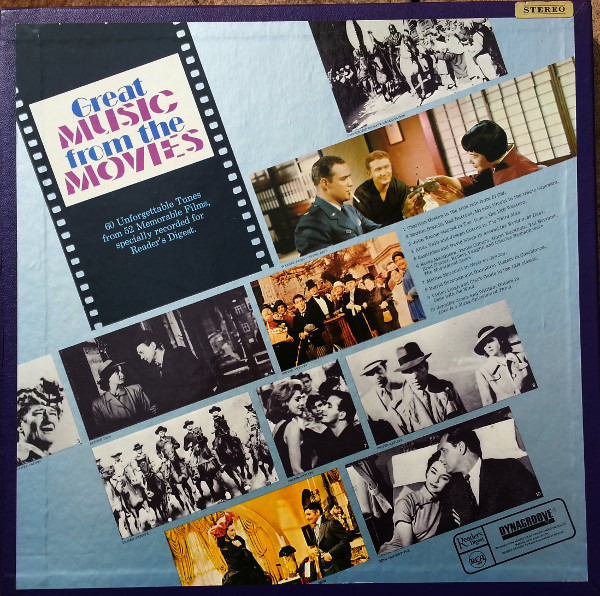 For the serous film music collectors amongst you, seek out this Reader's Digest 5lp box set of new recordings of classic film music, which include many tracks conducted by Charles Gerhardt, recorded by Kenneth Wilkinson. Released in 1968, this proved to be a dry run for the later RCA Classic Film Score Series
For the serous film music collectors amongst you, seek out this Reader's Digest 5lp box set of new recordings of classic film music, which include many tracks conducted by Charles Gerhardt, recorded by Kenneth Wilkinson. Released in 1968, this proved to be a dry run for the later RCA Classic Film Score Series
All that changed with John Williams’s full orchestral scores for Star Wars and Close Encounters of the Third Kind, which revived the orchestral sound and leitmotif technique of classic Hollywood scoring. Suddenly the big romantic score was back in vogue. Re-recordings of Williams’s new scores began to proliferate on labels like Varèse Sarabande, and film music albums were big sellers.
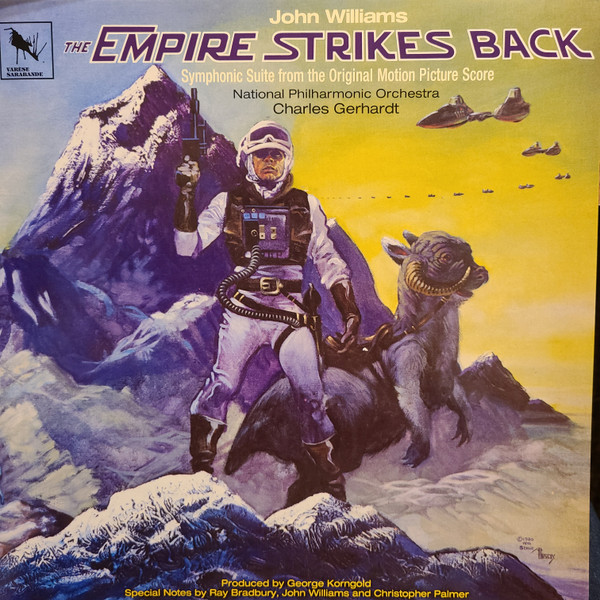
Even Charles Gerhardt and the NPO got in on the action with albums dedicated to Williams’s work (and these offer serious sonic and performance competition to the original soundtrack versions).
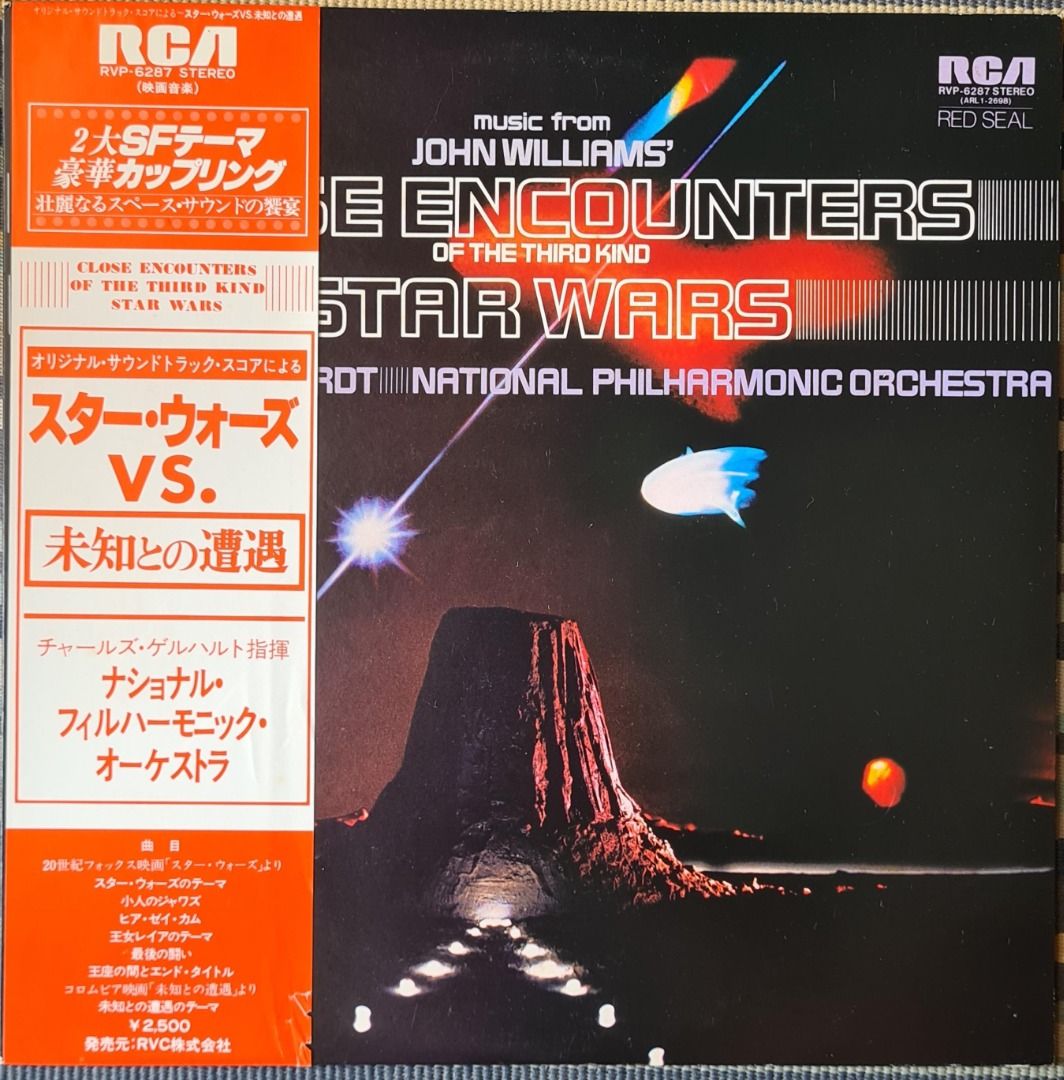 Japanese pressing of Charles Gerhardt's re-recording of music from "Star Wars" and "Close Encounters of the Third Kind"
Japanese pressing of Charles Gerhardt's re-recording of music from "Star Wars" and "Close Encounters of the Third Kind"
Zubin Mehta and the Los Angeles Philharmonic recorded their own audiophile pairing of Star Wars and Close Encounters for Decca/London.
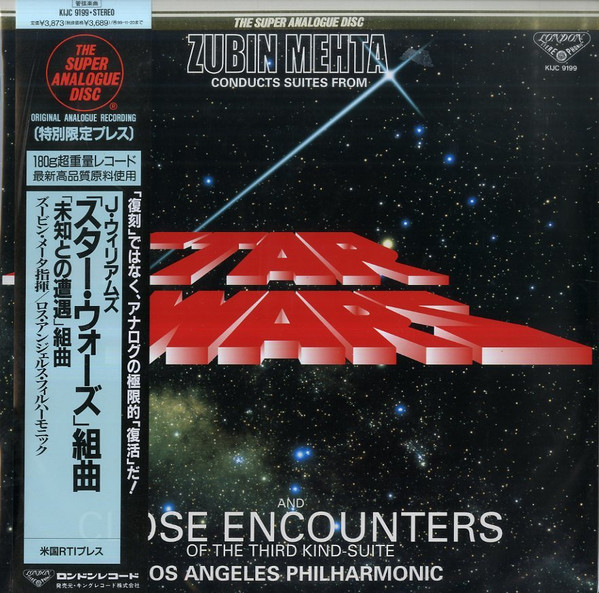 The King Super Analogue Disc pressing of Zubin Mehta's Decca recording of suites from "Star Wars" and "Close Encounters of the Third Kind"
The King Super Analogue Disc pressing of Zubin Mehta's Decca recording of suites from "Star Wars" and "Close Encounters of the Third Kind"
Williams himself became Principal Conductor of the Boston Pops, which a couple of decades earlier had released a series of classic records on RCA (including Living Stereo) of light music fare, including film and Broadway music, under the baton of Arthur Fiedler. With a new record contract with Philips, Williams and the Boston Pops released a series of film and Broadway music compendiums (recently gathered together in a box set). However, I have to say that while there are some interesting repertoire choices, these performances rarely caught fire in the way that Gerhardt’s did a decade earlier, and the early digital sonics often left a lot to be desired.
While film music was starting to get some love, for fans of Broadway and film musicals who were seeking up-to-date re-recordings of their favorites it simply wasn’t happening. If you wanted Singin’ in the Rain, An American in Paris, Easter Parade, Showboat or any of the other great MGM musicals on record, the only available versions were the original soundtrack recordings, now reissued in double-LP sets. (Though this was hardly a hardship: many of those soundtrack performances remain definitive - I have heard no version of the American in Paris ballet that outshines the MGM orchestra’s white-hot original).
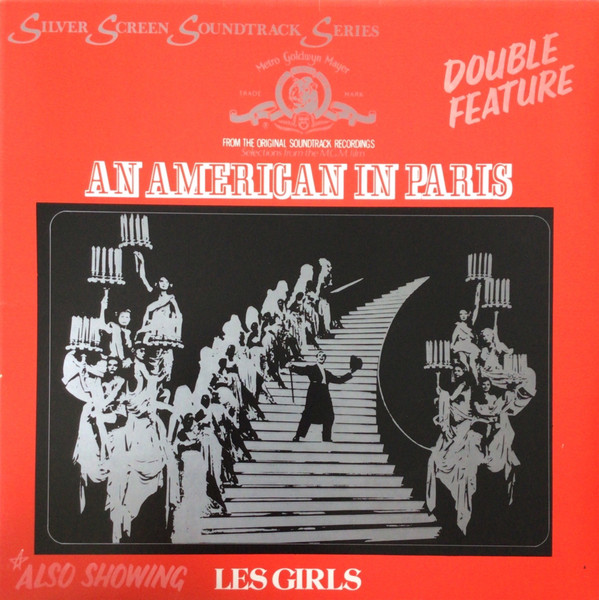
Sometimes, if there was a London or Broadway revival of a classic old show, a new cast recording would be released, but they were often hastily assembled affairs, with underwhelming sonics. One of my most treasured records is the cast recording of the 1970s London revival of Show Boat, which I saw in the theater, and which featured a stunning performance in the role of Julie by a young Cleo Laine - it made her a star. Musically it’s terrific, with show-stopping performances by Laine of Bill (whose lyric was penned by none other than P.G Wodehouse, the creator of Jeeves and Wooster), and Can’t Help Lovin’ Dat Man of Mine, but the engineers added too much over-cooked reverb, and some of the clumsy tape edits have to be heard to be believed.
So if you wanted to listen to My Fair Lady or The King and I (both re-recorded by Mauceri in this set) you were stuck with the original stage or film soundtrack recordings. As to orchestral renderings of other classics of the musical stage from Gershwin, Rodgers, Jerome Kern et al, dream on….
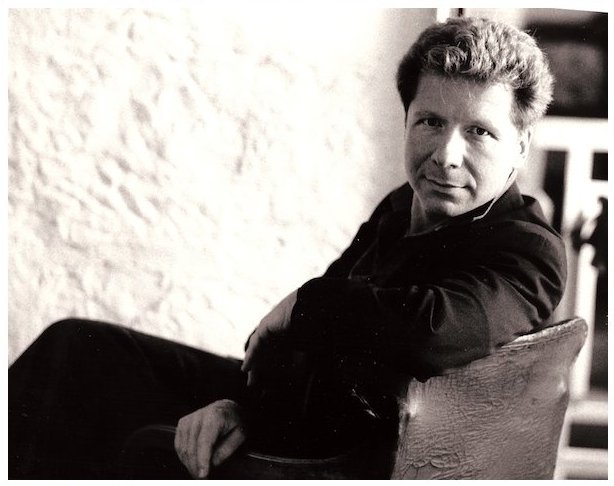 John Mauceri
John Mauceri
But dreaming of what might be was an integral part of the musical personality and career aspirations of a brilliant young conductor/composer/arranger/musicologist, John Mauceri, who was starting to make a name for himself in the 1980s. When he was approached by Philips and the LA Philharmonic to reconstitute the legendary Hollywood Bowl Orchestra, he jumped at the chance to put his ideas about genre-crossing programming into effect. As Mauceri himself notes: “Blithely announcing at the press conference on the stage of the Hollywood Bowl in 1990 that the new orchestra would play the music composed in Los Angeles and that we would be 'unafraid of being popular,' the gauntlet was dropped”.
Thus began the series of recordings featured in this box set. Following very much in the footsteps of Charles Gerhardt, Mauceri and his team approached the repertoire with the respect it deserved: researching original sources, hunting down correct performing editions (or sometimes re-creating new editions from orchestral parts or old recordings), hiring top singers, and taking an imaginative approach to programming. They also took very seriously the issue of getting the sound right for the repertoire being recorded. This was not simply a matter of finding a regular studio or concert hall that sounded decent - more on this later.
The results were a series of highly successful releases which have stood the test of time and, gathered together in this indispensable box set, provide an excellent guide to a huge range of Broadway and Hollywood fare, equally appealing to both the novice and the seasoned listener of this repertoire.
Today, the rise in popularity of film music in particular as a stand-alone genre, worthy of respect from critics and listeners alike, owes much to the pioneering efforts of Stanley Black, Bernard Herrmann, Charles Gerhardt, John Williams and John Mauceri. (And let me just mention here Elmer Bernstein’s essential series of re-recordings of scores he made for his own record label in the 1970s-80s; not widely distributed, but again a model of scholarship and first-rate execution). The success of subsequent bespoke film music labels like Varèse Sarabande, Invada and La-La Land Records, plus densely packed bins of soundtrack releases in your local record emporium, are in major part due to the success of the releases by those artists from past decades. Today, the legacy of Mauceri and his albums in turn can be seen most clearly in the highly successful work of John Wilson and his newly reconstituted Sinfonia of London, both in concert and now on a series of acclaimed albums from Chandos.
But this success didn't happen overnight. It was the result of careful planning, collaboration and strategizing by both conductor and record label (a rare thing today). This is how it all came together…..
The Beginnings of the Mauceri and Hollywood Bowl Orchestra Brand
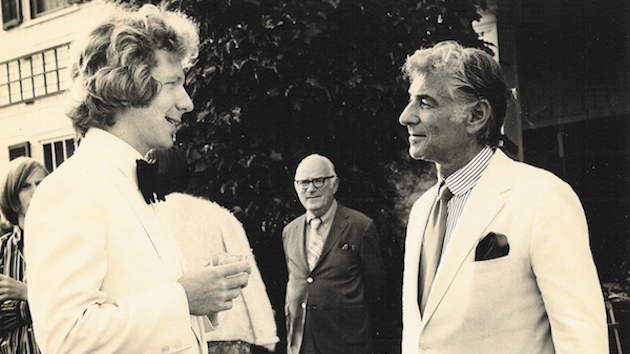 John Mauceri and Leonard Bernstein
John Mauceri and Leonard Bernstein
Like his friend, mentor, and collaborator Leonard Bernstein, John Mauceri has been one of the great polymaths of the musical scene over the course of his long career, working as a conductor, composer, arranger, educator, scholar, and author. Equally at home in front of student and top professional orchestras, in the opera house or on Broadway, he was the perfect person to revive the fortunes of the Hollywood Bowl Orchestra.
The two excellent essays by Costa Pilavachi and Peter Quantrill accompanying this box set cover the history of this recording project in detail. Pilavachi, who took over as Head of A&R at Philips Classics in 1989, recounts how he needed to sign an ensemble and conductor to fill the shoes of the Boston Pops and John Williams whose contract was ending. He contacted the brilliant classical impresario Ernest Fleischmann, then Manager of the Los Angeles Philharmonic, who it turned out was considering re-forming the Hollywood Bowl Orchestra as a separate entity from the LA Phil to carry the burden of a punishing summer concert schedule at the legendary outdoor venue.
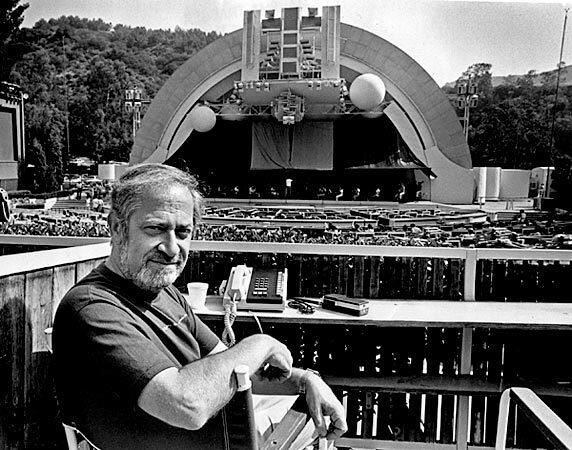 Ernest Fleischmann at the Hollywood Bowl
Ernest Fleischmann at the Hollywood Bowl
The Hollywood Bowl Symphony Orchestra had originally been formed in the 1920s, and had made its name with numerous fine recordings under the batons of conductors like Eugene Ormandy and Leopold Stokowski.
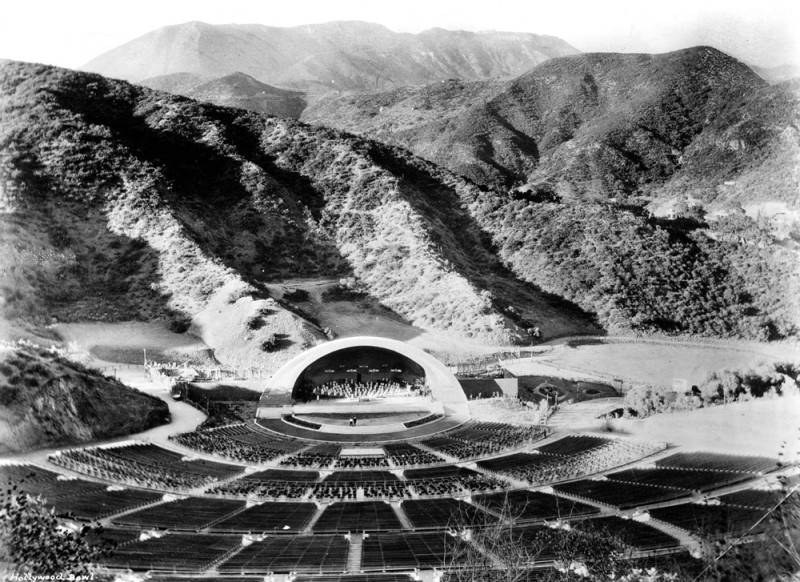 The Hollywood Bowl in 1935
The Hollywood Bowl in 1935
Approached by Fleischmann to lead the orchestra, Mauceri created a mission statement for the new ensemble: “an orchestra for all people that would play, at the highest possible level, all kinds of music and would be unafraid of being popular”. The new orchestra was formed from a pool of the best session musicians and young players on the West Coast, at home in all kinds of music. Of particular interest to Tracking Angle readers will be the attention paid to finding a recording location and recording method that would best capture the kinds of music Mauceri and his ensemble were going to record.
Finding the Sound
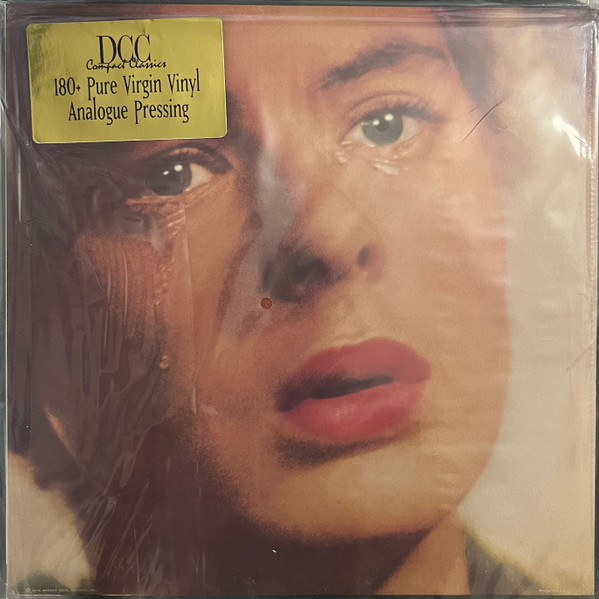 The Cover of DCC's reissue of "For Whom the Bell Tolls"
The Cover of DCC's reissue of "For Whom the Bell Tolls"
If you go back and listen to two established audiophile film music classics - the 1958 re-recording of the score by Victor Young for For Whom the Bell Tolls, and the 1961 album by Lionel Newman “Music by Erich Wolfgang Korngold” (both given authoritative AAA reissues on vinyl by DCC) - you are going to hear a different sound to equivalent classical RCA Living Stereos of the same period (though not so different from Mercury Living Presence albums recorded in certain halls).
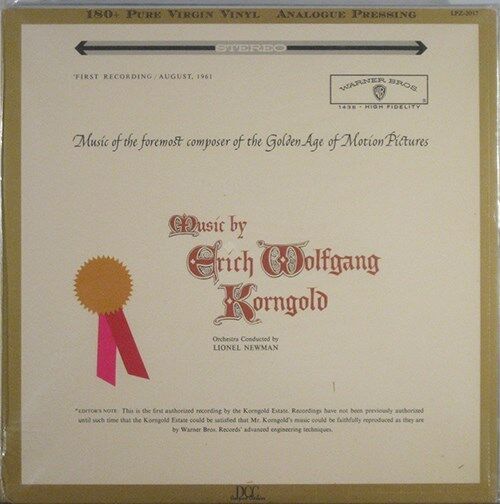 The Cover of DCC's Reissue of "Music by Erich Wolfgang Korngold"
The Cover of DCC's Reissue of "Music by Erich Wolfgang Korngold"
For a start the acoustic is much drier. This is because both albums, performed by the Warner Brothers Orchestra, were recorded on the Warner Bros. scoring stage. Typically film scores of this vintage and earlier were recorded in a much drier acoustic and in a manner that would allow certain instruments more prominence to suit the needs of the film at different moments.
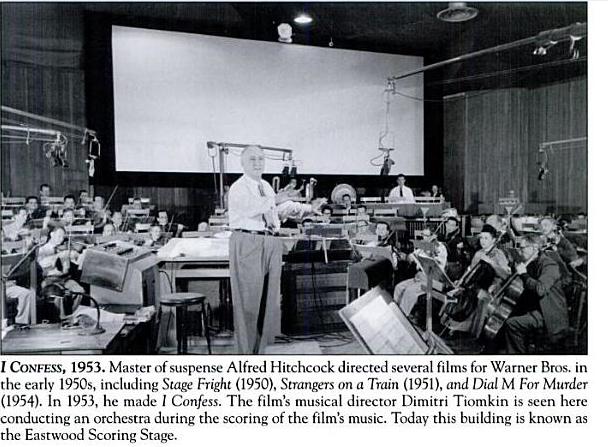
As recording technology developed in the 1960s onwards, multitrack and multi-mic techniques allowed engineers and producers to spotlight individual instruments more easily on film soundtracks. However, in the 80s you also start to hear a more liberal application of reverb to help make smaller, less expensive orchestras sound bigger. In general I don’t think it works, because the more you make the orchestra sound like it’s playing in a concert hall, the more that acoustic competes with the acoustic of a film’s scenes, its dialogue and sound effects. Because of this mismatch, the music can actually sound unnatural, separate from the film.
With the soundtracks of the older Hollywood musicals of MGM in the 40s and 50s, and then the 60s musicals at 20th Century Fox and Warners - like My Fair Lady and The King and I - the music is huge, in your face, but dryly recorded.
If these new Hollywood Bowl Orchestra recordings of film and show music were to accurately reflect their provenance, then Mauceri and his team needed to record not in a concert hall but in an acoustic closer to what you hear on those classic soundtrack albums.
As Peter Quantrill recounts in his sleeve notes: “… the producer Michael Gore proposed the soundstage of the old MGM studio now owned by Sony, affording the potential for extra flexibility in layout, miking, and engineering. Gore brought the producer-engineer Joel Moss onto the team. Moss’s grandfather had been a clarinettist with the Detroit Symphony Orchestra. ‘He grew up as a little boy sitting in the middle of the orchestra,’ explained Mauceri, ‘hearing the sound around him, and always dreaming of recording an orchestra that way.’”
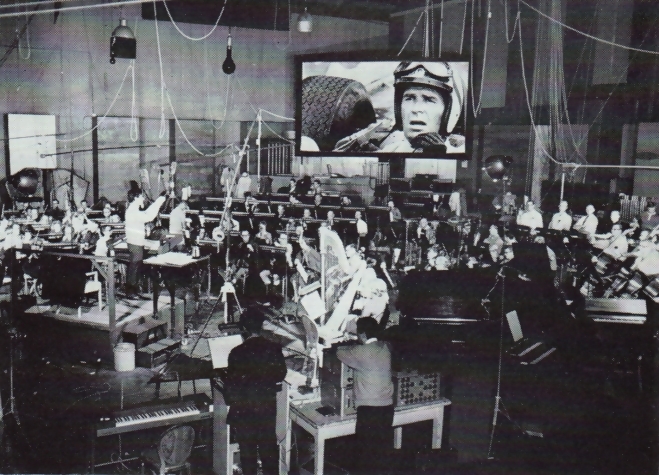 Recording the score for "Grand Prix" on the MGM (now Sony) Scoring Stage
Recording the score for "Grand Prix" on the MGM (now Sony) Scoring Stage
These Mauceri recordings (with one exception, which I will get to later) not only sound like vintage Hollywood, they feel like it too, and that is all to the good. Yes, the recordings are early-ish digital, on CD, with all the sonic shortcomings you would expect, but you are soon so swept along by the variety and richness of what you are listening to that it matters little. (And actually for digital of this period, they aren’t half bad). You are enveloped by the orchestra, and it is thrilling. The ghosts of those old Hollywood soundtracks, of Gene Kelly, Judy Garland, and Fred Astaire MGM musicals, all recorded so vividly in mono (and early stereo) back in the day, are never too far away. And that is definitely a good thing!
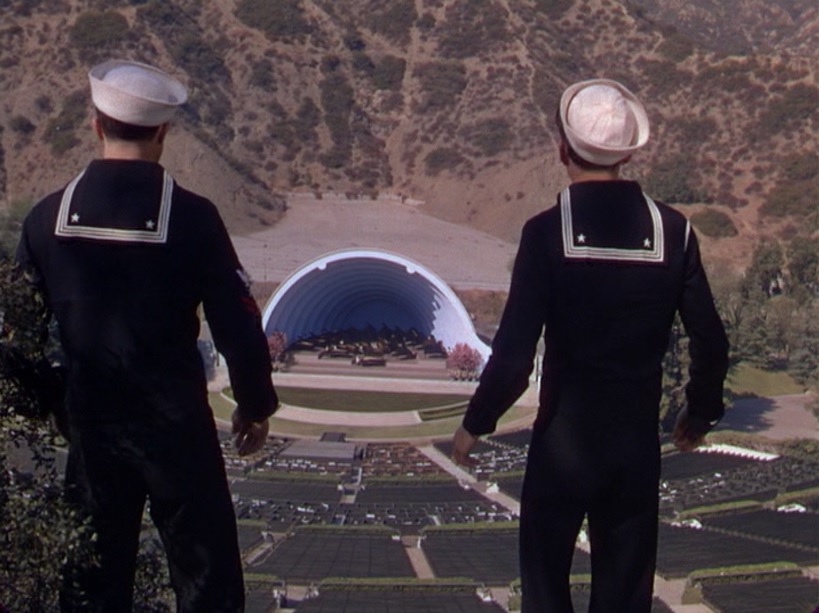 Gene Kelly (l.) and Frank Sinatra look down on the Hollywood Bowl in MGM's "Anchors Aweigh" (1945)
Gene Kelly (l.) and Frank Sinatra look down on the Hollywood Bowl in MGM's "Anchors Aweigh" (1945)
In Part 2 I discuss specific discs in more detail.


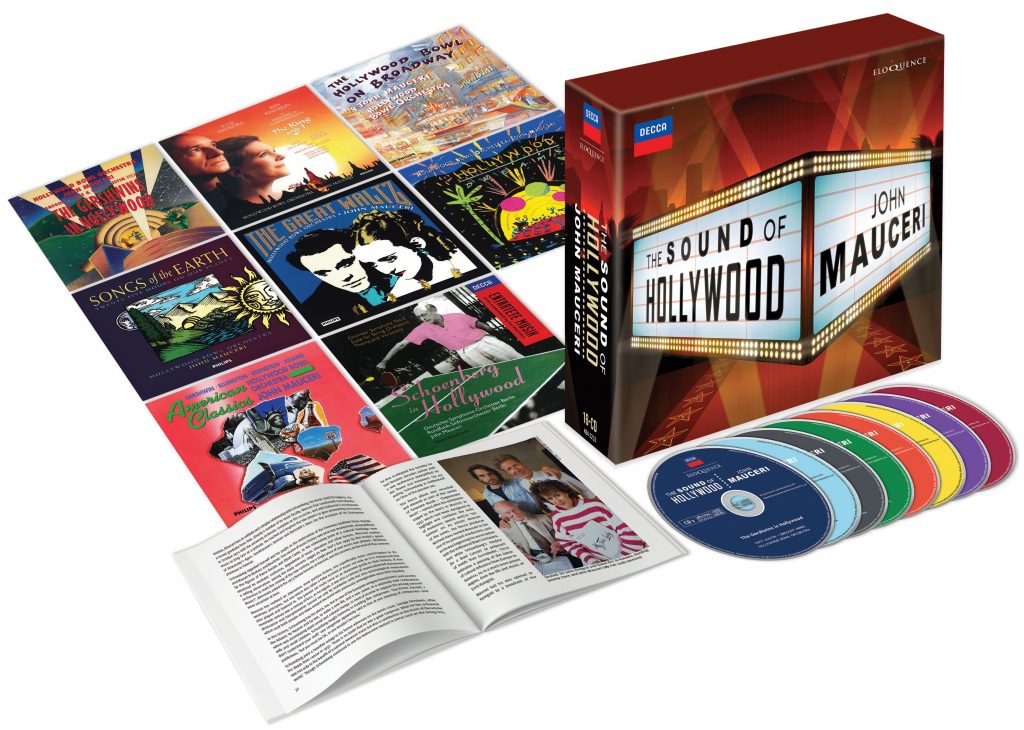





































.png)








